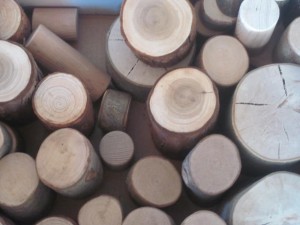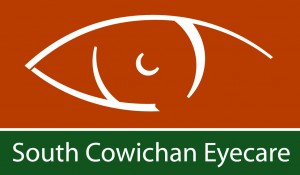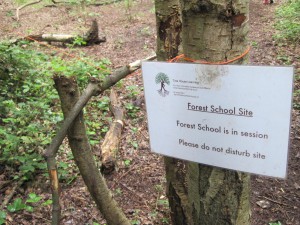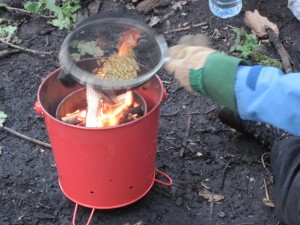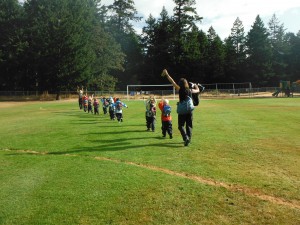 Now that Nature Kindergarten interviews are complete, the students headed outdoors last week. They are spending time getting used to being outdoors as a group before they venture to far away from the school grounds.
Now that Nature Kindergarten interviews are complete, the students headed outdoors last week. They are spending time getting used to being outdoors as a group before they venture to far away from the school grounds.
Recent Comments
- Frances Krusekopf { Hello Werner, Apologies for the slow response. It has been a very busy start-up to the school year due to COVID. Please feel free to... }
- Werner Simbeck { Hi Frances, my name is Werner and I am the president of the Victoria German School, which I was told by Petra KixMöller you know... }
- Frances Krusekopf { Thank you for your email. We went through a detailed process to develop a risk management plan for this program. We review the risk management... }
- ELIZABETH JOHN BRIGGS { hi there, i am an international student at the royal roads university. my daughter is will be 8yrs in janunary. she will definitely love this... }
- Sydney Thackeray { Outdoor Education – Developing a Unified Voice You are invited to participate in a study about Outdoor Education in Canada, conducted by Morten Asfeldt and... }
- Prajakta { Hello Frances, I am so inspired by what you have started in Victoria that a friend of mine and I are both contemplating enrolling our... }
Recent Posts
Bookmarks
- CFAX "Real Parenting" Podcast
- Child and Nature Alliance
- Coalition WILD
- CTV News Story – "Education Comes Full Circle" – June 2013
- David Suzuki's 30 X 30 challenge
- Environmental Education Essential for Students
- Evergreen
- Forest Kindergarten at Wikipedia
- Forest, nature and outdoor Learning Resources
- Fresh Air Learning Preschools in Lower Mainland, BC
- Green Cement
- International Association of Nature Pedagogy
- Jim Robertson, Alberta Naturalist
- Kindergarten in a Tree – Japan
- Learning Landscapes Designs
- Maclean's article "This is not a field trip"
- National Aboriginal Day Poster Presentation at Royal Roads University
- Nature Kindergarten in Sooke (Shaw TV)
- Nature-based Early Childhood Program at Antioch
- Nature-based programs in New England
- Norwegian Forest Kindergarten
- On Self-Regulation
- Outdoor Learning in Japan
- Outdoor Preschool in the UK
- PLAY AGAIN
- Saratoga Springs Forest Kindergarten
- Stroud School – Forest School
- Today's Parent – "Forest Schools: when every day is a field trip day…" – May 2013
- Troll Waldkrippe and Waldkindergarten in Zuerich, Switzerland
- Turning Nature Into Classrooms
- UK Playground Design
- Victoria Natural History Society
